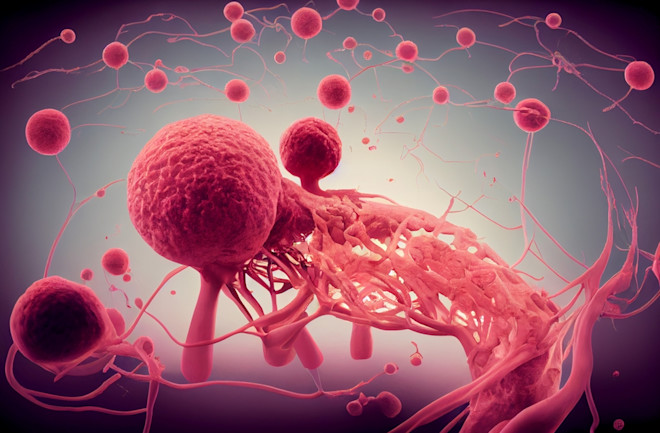In a major leap forward in cancer detection, researchers at Johns Hopkins University have developed an advanced blood test capable of identifying signs of cancer up to three years before any clinical symptoms emerge. This pioneering approach may one day allow physicians to detect cancer in its earliest and most treatable stages—offering hope to millions at risk.
The innovation centers on a multicancer early detection (MCED) test that analyzes blood for genetic material shed by tumors. Led by Dr. Yuxuan Wang, an assistant professor of oncology, the research demonstrates how early intervention could be dramatically improved. “Detecting cancer three years earlier gives us valuable time for treatment,” Wang explained. “At that stage, tumors are typically smaller, less advanced, and more likely to be curable.”
To explore the effectiveness of the MCED test, the research team examined blood samples from 52 participants enrolled in a long-term cardiovascular health study funded by the National Institutes of Health. Of the group, half were later diagnosed with cancer within six months of providing their samples. The remaining participants remained cancer-free.
When the researchers applied the MCED test, it successfully identified early cancer signals in 8 out of the 26 individuals who would later be diagnosed. More strikingly, archived samples from six of these eight patients were available—and in four of those, signs of cancer were detectable more than three years before the actual diagnosis.
The test works by scanning blood for fragments of mutated DNA that tumors release into the bloodstream. These minuscule traces often go undetected by traditional screening tools but can now be captured through ultra-sensitive sequencing techniques.

“This study shows the promise of MCED tests in detecting cancers very early and sets the benchmark sensitivities required for their success,” said Dr. Bert Vogelstein, senior author and a co-director at the Ludwig Center at Johns Hopkins.
Although no MCED tests have yet received full approval from the U.S. Food and Drug Administration for general clinical use, some are currently offered under regulatory frameworks for laboratory-developed tests. Experts emphasize that MCED testing is not designed to replace traditional screenings but to complement them—especially for cancers such as pancreatic, liver, or ovarian, which are notoriously difficult to detect early.
Dr. Nickolas Papadopoulos, a senior author of the study, stressed the importance of future protocols: “Detecting cancers years before their clinical diagnosis could improve outcomes significantly. However, we also need to establish appropriate clinical follow-up strategies after a positive test result.”
The findings underscore both the opportunity and urgency of early detection. Among the eight individuals whose cancers were identified through the MCED test, five later succumbed to the disease—illustrating the high mortality associated with late-stage diagnosis.
Early detection can dramatically improve survival rates. For example, the five-year survival rate for breast cancer when diagnosed early exceeds 99%. But when identified at an advanced stage, that rate plummets to less than 32%, according to the American Cancer Society.
The scale of the cancer crisis remains sobering. Excluding non-melanoma skin cancers, over 2 million new cancer cases are expected to be diagnosed in the United States in 2025, with more than 618,000 deaths anticipated—an average of about 1,700 cancer-related deaths each day.
As research continues and testing technology evolves, the Johns Hopkins study offers a compelling glimpse into a future where cancer can be intercepted long before it becomes life-threatening. With further validation, MCED tests may revolutionize oncology by enabling not just earlier treatment, but better survival and quality of life for countless patients.
Source:
Johns Hopkins University via The New York Post

